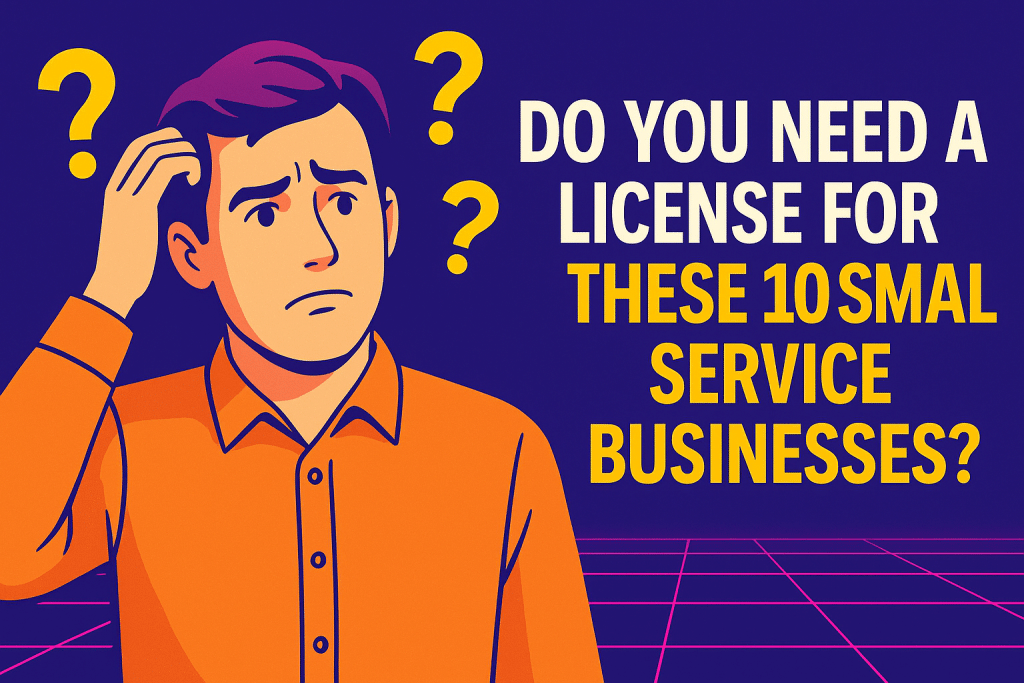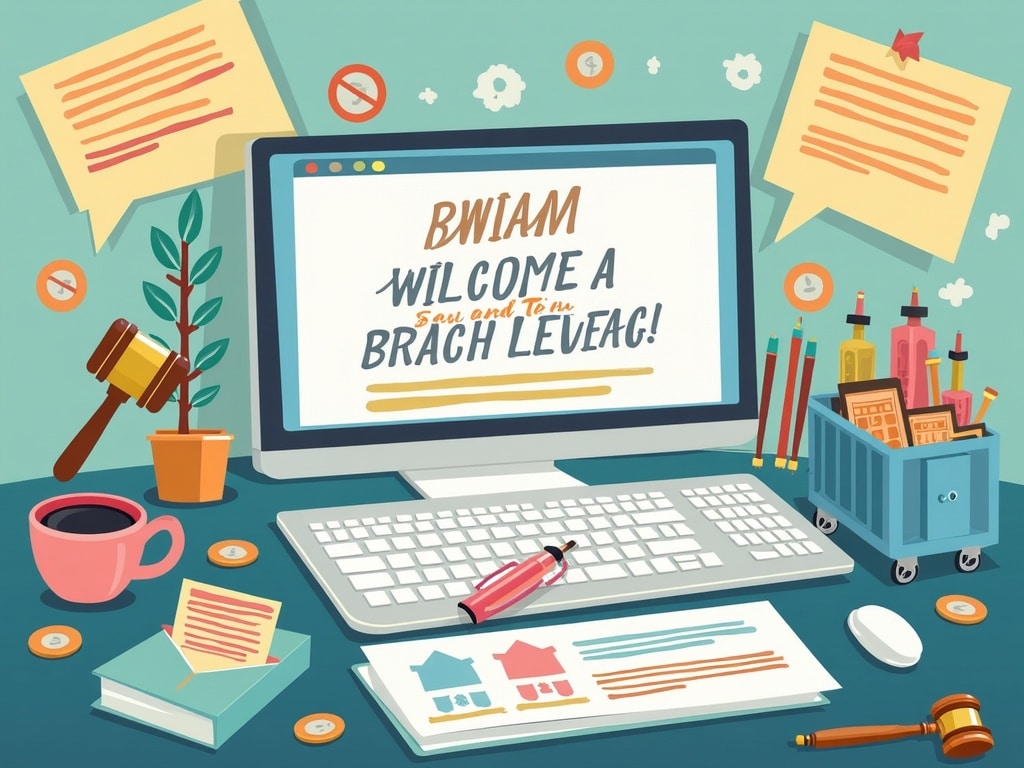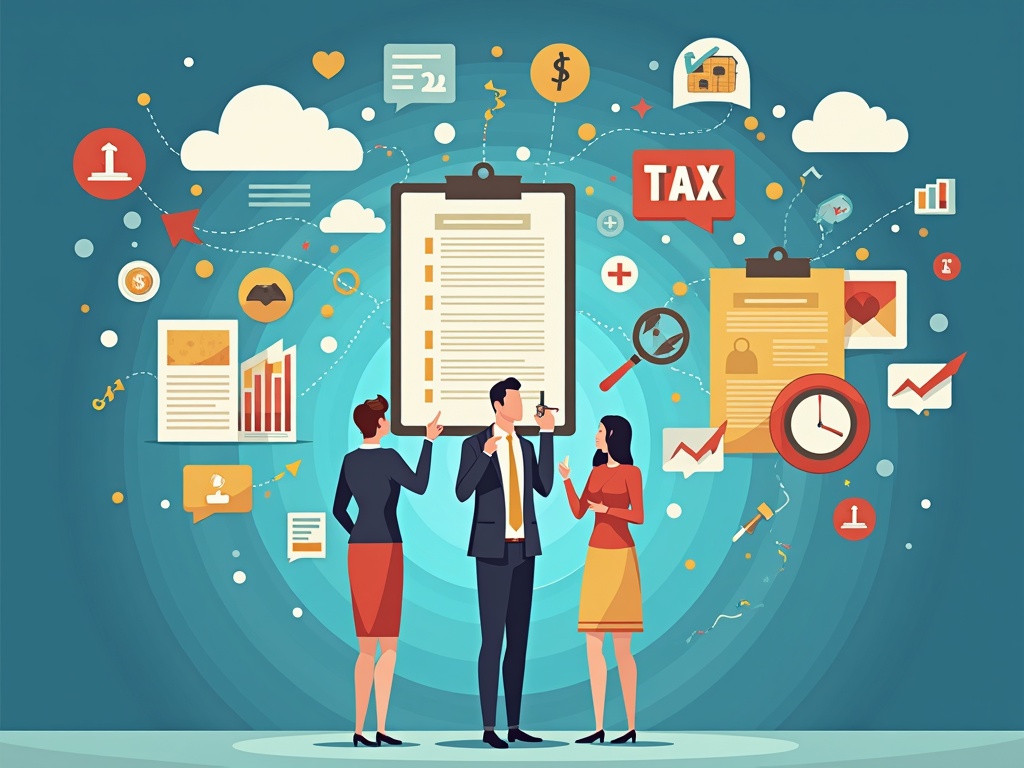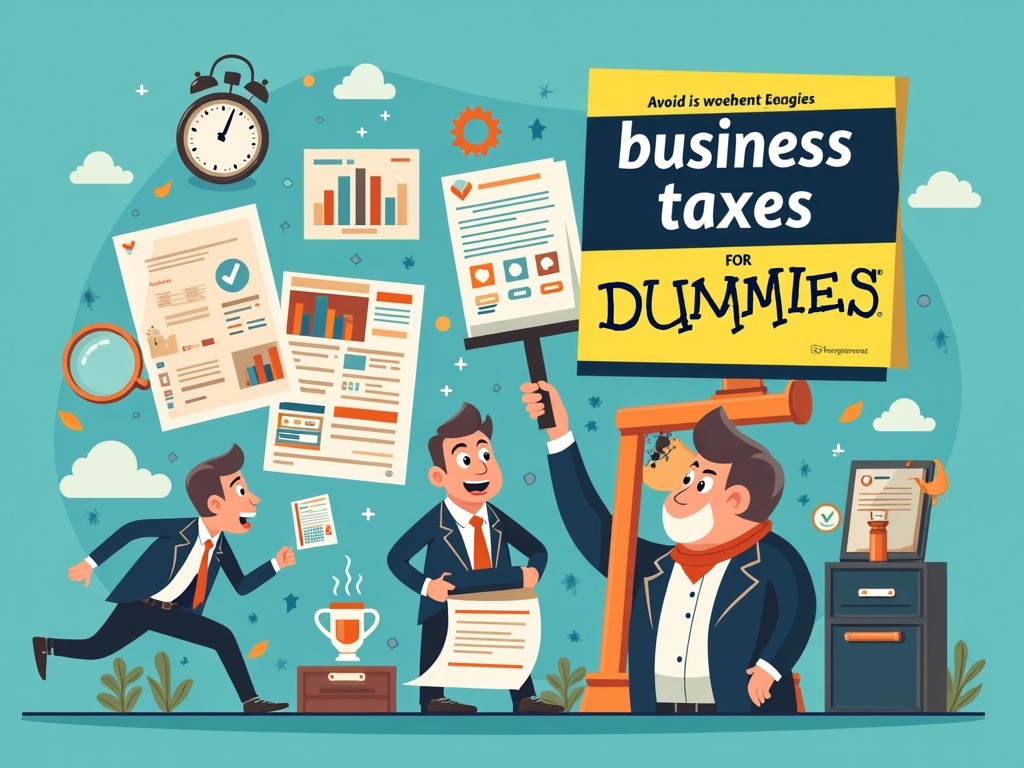Do You Need a Business License for These 10 Small Service Businesses?
What is a Business License and Why is it Important?
Do you need a business license as a Sole Proprietor or General Partnership?
Many aspiring entrepreneurs start with a simple business structure: a sole proprietorship (one owner) or a general partnership (two or more owners). In these structures, the business isn't legally separate from its owner(s). While setting up these structures is relatively easy, that doesn't mean you're automatically exempt from needing a license.
Even if you're operating under your own name as a sole proprietor, you'll likely still need to obtain a general business license, sometimes called an occupational license, from your city or county. Additionally, depending on the nature of your services, you might need specific permits related to health, safety, or environmental regulations. For example, a sole proprietor offering massage therapy would need a massage therapy license in most states.
Home-Based Businesses: Common Licensing Requirements
Working from the comfort of your own home offers flexibility and reduced overhead. However, running a business from your residence often comes with its own set of unique licensing requirements. Many cities and counties have zoning regulations that dictate what types of businesses can operate in residential areas. These regulations might require a special home occupation permit to ensure your business activities don't disrupt the neighborhood or violate noise ordinances.
Furthermore, if your home-based business involves clients visiting your property, you may need to meet certain building codes and safety standards. It's essential to check with your local zoning department to understand the specific regulations for home-based businesses in your area.
Online Businesses: When and Where Do You Need a License?
The digital age has made it easier than ever to start an online business. However, the seemingly borderless nature of the internet can create confusion about licensing requirements. While you might not need a license specifically for operating online, you'll still likely need a general business license in the location where your business is based – typically your home or office.
The key consideration with online businesses is nexus. Nexus refers to having a significant presence in a particular state, which could trigger the requirement to collect sales tax and obtain a business license in that state. Nexus can be established through various activities, such as having a physical location, employees, or affiliates in a state. If you're selling products or services to customers in different states, it's crucial to understand the nexus laws in those states to determine your licensing obligations.
Freelance Writing and Editing: License Requirements and Exemptions
Freelance writing and editing offer a flexible and rewarding career path for those with strong communication skills. Generally, freelance writers and editors need a general business license to operate legally. However, there might be exemptions depending on your location and the scale of your business. Some cities or counties offer exemptions for very small businesses or those that generate minimal revenue.
Even if you qualify for an exemption, it's still wise to register your business name with your local government. This protects your brand and prevents others from using the same name in your area. Remember to always prioritize clarifying local requirements before assuming you fall into an exempt category.
Virtual Assistant Services: Licensing Considerations
Virtual assistants (VAs) provide administrative, technical, or creative assistance to clients from a remote location. The licensing considerations for VAs are similar to those for freelance writers and editors. A general business license is usually required, but you should also investigate any industry-specific certifications that could enhance your credibility and attract more clients.
For example, if you specialize in providing bookkeeping services as a VA, you might consider obtaining a bookkeeping certification to demonstrate your expertise. Similarly, if you offer legal virtual assistant services, understanding legal terminology and procedures is crucial. While a specific virtual assistant license might not exist, demonstrating specialized knowledge can set you apart from the competition.
Social Media Management: Business License Necessities
Social media management has exploded in popularity which makes business license necessities difficult to navigate. Like other online service businesses, social media managers generally require a general business license to operate legally. The location of your business will dictate the specifics of the requirements.
Social media managers often handle services related to marketing, advertising, and public relations. Depending on geographic location and types of services, additional licenses may be required. It is always prudent to confirm local requirements to avoid future complications.
Cleaning Services: Local and State Licensing for Cleaning Businesses
Cleaning services, whether residential or commercial, often require specific licenses and permits. This is due to the nature of the work, which involves handling cleaning chemicals and potentially dealing with hazardous materials. Most states and local governments require cleaning businesses to obtain a general business license, as well as licenses related to waste disposal and handling of chemicals.
Additionally, if your cleaning business employs other people, you'll need to comply with labor laws and obtain an employer identification number (EIN) from the IRS. You may also need to provide worker's compensation insurance to protect your employees in case of on-the-job injuries.
Landscaping and Lawn Care: When Licenses Are Required
Landscaping and lawn care businesses often require licenses due to the use of pesticides, fertilizers, and other chemicals that can impact the environment. Many states require landscapers to obtain a pesticide applicator license, which involves passing an exam and completing continuing education courses. This license ensures that landscapers are properly trained in the safe and responsible use of pesticides.
Furthermore, some cities and counties require landscaping businesses to obtain a contractor's license, especially if they perform tasks such as installing irrigation systems or building retaining walls. Check with your local authorities to determine the specific licensing requirements for landscaping and lawn care businesses in your area.
Mobile Pet Grooming: Licensing and Certifications Needed
Mobile pet grooming offers convenience to pet owners who prefer the grooming experience to come to them. However, this service also comes with specific licensing and certification requirements. While a universal pet grooming license might not exist in every state, many localities require mobile pet groomers to obtain a general business license, as well as licenses related to animal health and safety.
Additionally, consider getting certified by a reputable pet grooming organization. Certification demonstrates your expertise and commitment to providing high-quality grooming services. It can also give you a competitive edge and attract more clients who are looking for qualified and experienced pet groomers.
Photography and Videography: Licensing for Creative Service Providers
Photographers and videographers capture precious moments and create visually stunning content for clients. The licensing requirements for these creative service providers vary depending on the location and the nature of their work. Generally, photographers and videographers need a general business license to operate legally.
However, if you're shooting on public property, you might need to obtain a permit from the city or county. Additionally, if you're using drones for aerial photography or videography, you'll need to comply with FAA regulations and obtain a drone pilot license. Always ensure you have the necessary permits before shooting in public spaces to avoid potential fines or legal issues.
How to Research Specific Licensing Requirements for Your Business
Now that you have a better understanding of the licensing requirements for various small service businesses, here's how to research the specific requirements for your chosen business:
- Start with your local city or county government: Their website is often the best place to begin your search. Look for departments related to business licensing, permits, or economic development.
- Check your state government's website: Look for resources related to business registration, licensing, and regulations.
- Contact your local Small Business Administration (SBA) office: They can provide guidance and resources to help you navigate the licensing process.
- Consult with a business attorney or accountant: They can provide expert advice and ensure you're complying with all applicable laws and regulations.
- Use online business license search tools: Several online tools can help you identify the licenses and permits you need based on your business type and location. Be sure to verify the information with official government sources.
Consequences of Operating Without the Required Licenses
Turning a blind eye to business licensing requirements can have serious consequences. Operating without the necessary licenses can lead to:
- Fines and penalties: Government agencies can impose hefty fines for operating without a license.
- Legal action: You could face lawsuits from customers, competitors, or government agencies.
- Business closure: Authorities can shut down your business if you're operating illegally.
- Damage to your reputation: Operating without a license can damage your credibility and make it difficult to attract customers.
The potential risks far outweigh the perceived inconvenience of obtaining the necessary licenses. Taking the time to comply with licensing requirements is an investment in the long-term success and sustainability of your business.
Resources for Finding Business License Information
Navigating the business license landscape can be daunting, but you don't have to do it alone. Here are some valuable resources to help you find the information you need:
- U.S. Small Business Administration (SBA): www.sba.gov
- Your state's business licensing website: Search online for [your state] business license
- Your local city or county government website: Look for the business licensing or permits section.
- SCORE: www.score.org (Offers free business mentoring and resources)
- Nolo: www.nolo.com (Provides legal information and business resources)





